National Trust chairman René Olivieri: 'I am grateful that people have a view and feel strongly about these things. I want to hear criticisms'
The new National Trust chairman René Olivieri on an unexpected past and hopes for the future.

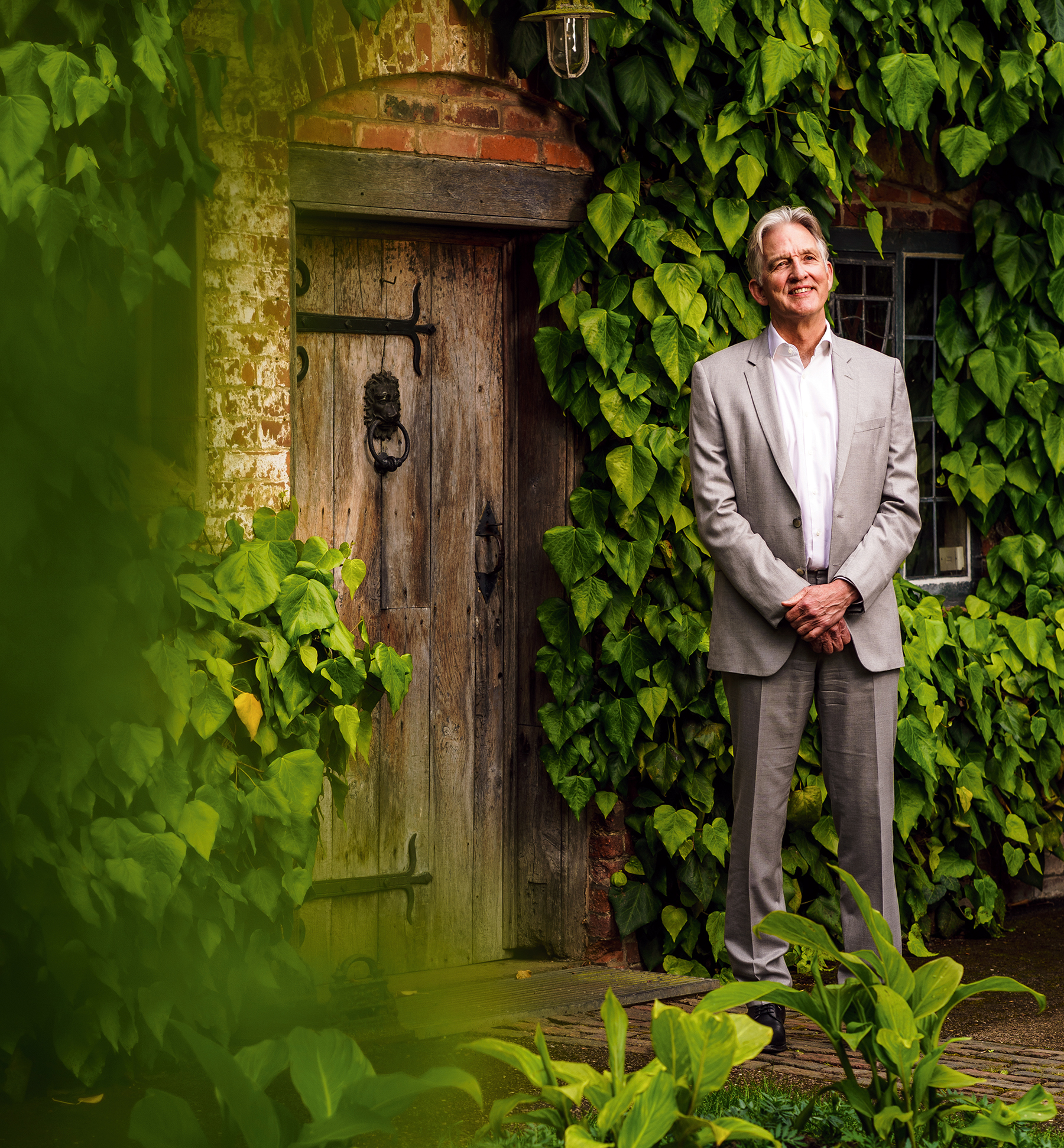
‘I grew up in Oregon, US, in the foothills of Mount Hood, on a subsistence farm. The thing I particularly loved was contact with animals, milking the cows. I had to leave, however, before I realised how beautiful home was. My route to Europe was a year’s stay in Flanders, where I arrived as a 17 year old. I was introduced first to Bruges, and then to Romanesque architecture in France. Imagine what that was like for someone who had never seen historic buildings.’
It’s an unexpected introduction to the life story of the new chairman of the National Trust, René Olivieri. A tall man, he sits slightly curled in his chair. We are sitting in a cheerless London office, but he has evidently been travelling busily over his first few weeks of the job to see properties and meet staff, volunteers and donor families. He laughs easily and listens carefully.
‘When I arrived in Britain 43 years ago,’ he enthuses, ‘I couldn’t believe there was something like the Trust — a collection of properties and places not state managed.’
Mr Olivieri, now a British citizen, has business experience as a publisher and his charitable work includes the chairmanship of the RSPCA. With his wife, he has restored his own house and garden, Morton Hall in Worcestershire, and one of his recent public roles has been as acting chair of the National Heritage Lottery Fund, with responsibility for distributing the Culture Recovery Fund for Heritage, an acknowledged success. The Covid crisis, he notes, drew the heritage sector together, proving what could be achieved collectively, and gave him a national perspective on it.
‘I wouldn’t have signed up for this job,’ he adds, ‘if I didn’t agree with the fundamental purposes of the Trust. It’s for everyone, forever; Nature, beauty and history for the nation.’ He speaks about the importance of what the Trust cares for and the ways in which that can be measured. ‘It’s not that everything has an economic value, but you want to be able to understand how things contribute to people’s lives and wellbeing.’
In his view, the varied roles of the Trust are inextricably connected. ‘Gardens, houses and Nature, past, present and future create a hugely resilient structure.’ Apologising in advance for lapsing into the philosophical, he continues: ‘The past gives you a view of what the future looks like. That’s important in itself, but I also want to try and see our world as it will appear through the eyes of future generations. No one wants to leave the world in a worse state than they found it.’
"We surely want to be considered good ancestors; we don’t inherit from our parents, we borrow from our children. For that reason, I don’t think it’s enough to do good"
Mr Oliveri goes on to explain that proper care in the present requires both an understanding of the past, as well as long-term vision. He gives as an example the planting of new trees in a historic park, but observes that it has a cultural and architectural application as well, for which reason he dubs it ‘cathedral thinking’, after the long, living evolution of these great churches that change through time, yet aim to transcend it as well.
Exquisite houses, the beauty of Nature, and how to get the most from your life, straight to your inbox.
When asked how he sees his role as chairman, he insists he is hardly even a first among equals on the board. ‘I’m very much a believer in collective thinking and the board offers a formidable breadth of expertise. It stretches. It provides ideas. It’s a cheerleader, but also a critical friend of the executive team.’
On the recent criticisms faced by the Trust in the presentation of its properties, he acknowledges that accommodating the demands of nearly six million members is a challenge. ‘I am grateful that people have a view and feel strongly about these things. I want to hear criticisms.’ He insists, however, that the Trust has not abandoned its houses: ‘We spend nearly three-quarters of our money on them each year and hope to spend yet more.’
Nor, he maintains, is it trying to impose a new version of history upon them. ‘It’s important — as far as conservation allows — to make these buildings and their contents more interesting to more people. Added to which, we are all entitled to ask different questions about the past. A new view, however, does not simply supersede its predecessors, nor can it eclipse other perspectives. Each is another thread in the tapestry of our understanding, adding colour, richness and depth to the whole.’
As regards the impact of the pandemic, he sees the Trust recovering quickly. ‘There are capital works to complete, but we are in a strong place financially and hiring people again. We have lots of ambitious projects under way, many concerned with landscape and the natural environment — tree planting and the management of uplands and riverlands — but cultural, too, such as our Treasure Houses initiative.’
One recurrent theme of our conversation is the need to respond to climate change, and Mr Oliveri concedes the Trust’s dependence on the car. ‘We don’t run the road system and transportation is something we need to address, but we can’t do it alone. Where we can, however, we want to give access to green spaces in and around cities.’
Of the future he says: ‘I’m optimistic in part because you have to be, but also because if you assume the best of people, I believe they respond. And we surely want to be considered good ancestors; we don’t inherit from our parents, we borrow from our children. For that reason, I don’t think it’s enough to do good. You have to try to do as much good as possible.’ As Trust chairman, Mr Olivieri has scope for that and we all stand to benefit if he succeeds.
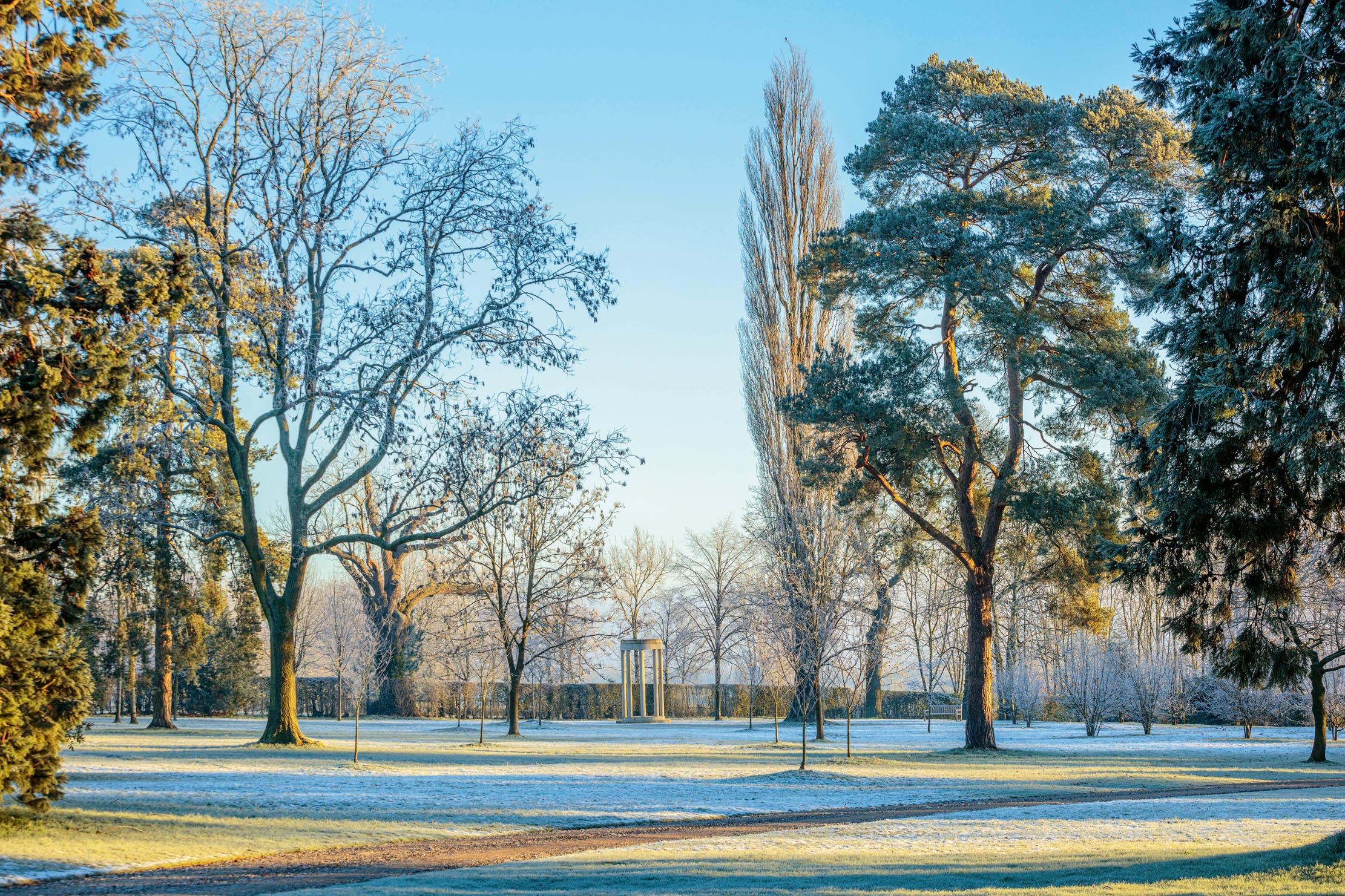
Morton Hall: The magnificent garden that gives an illusion of effortlessness amid the silent winter air
All looks peaceful at Morton Hall, Worcestershire, but key tasks will be tackled in winter to ensure that, come spring,
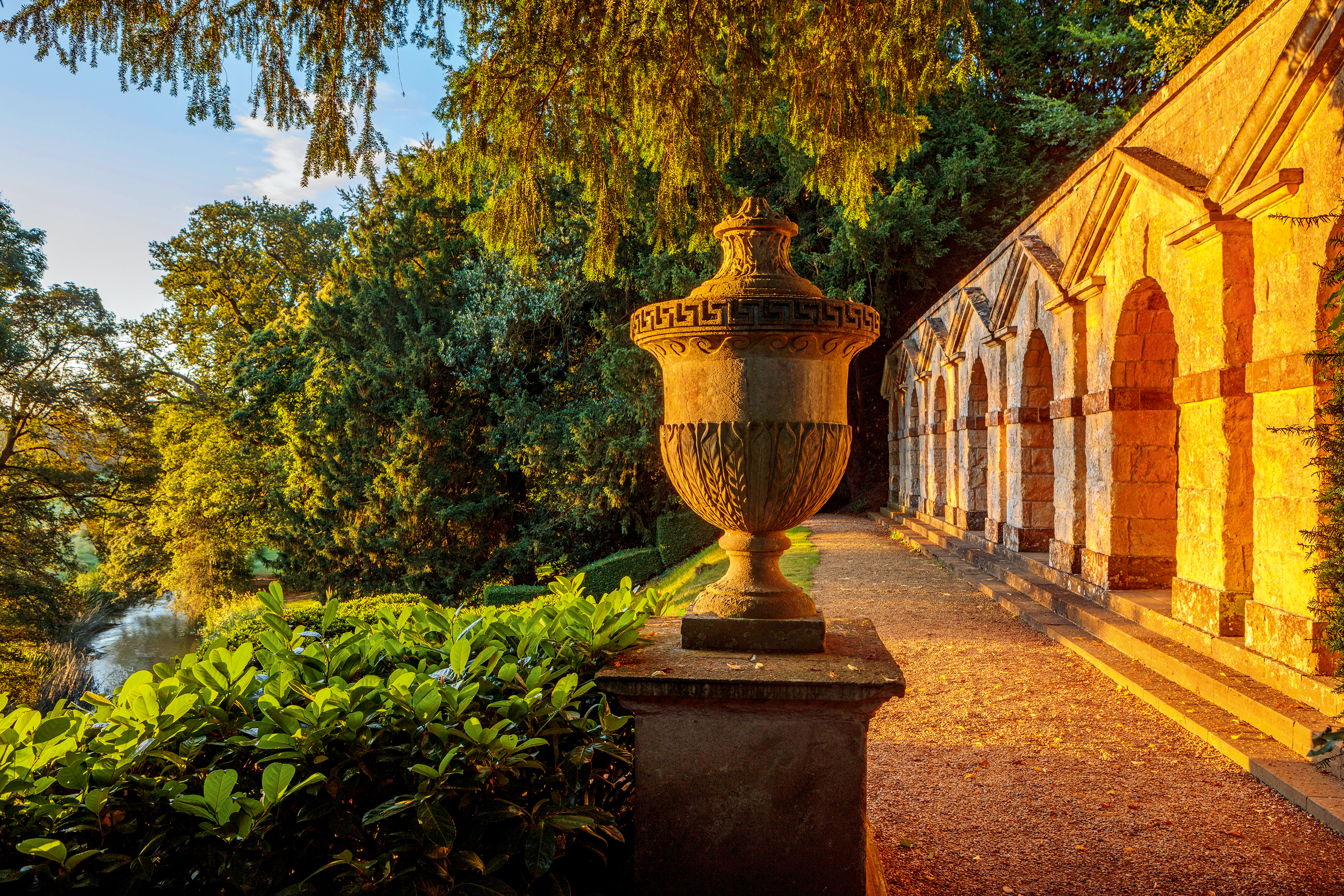
Rousham, Oxfordshire: A garden that 'may be the most atmospheric, the most beautiful and the most intellectual in the country'
Timothy Mowl celebrates what may be the most atmospheric, the most beautiful and the most intellectual garden in the country,
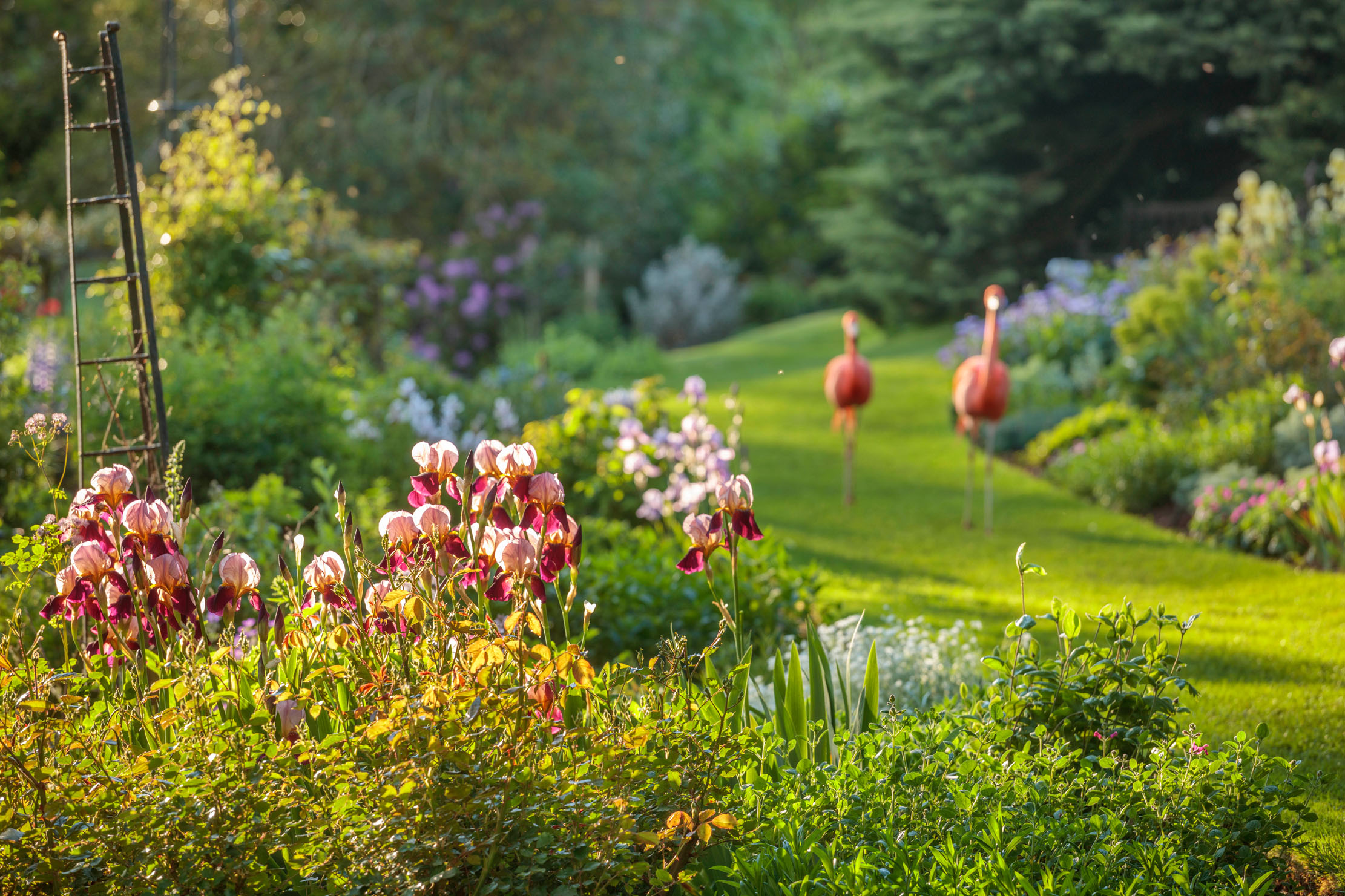
Coton Manor Garden: The symphony of colour where flamingos mix with flowers, voted Britain's best garden
Flamingos may draw the crowds, but it is the brilliant flower borders that keep people coming back to Coton Manor
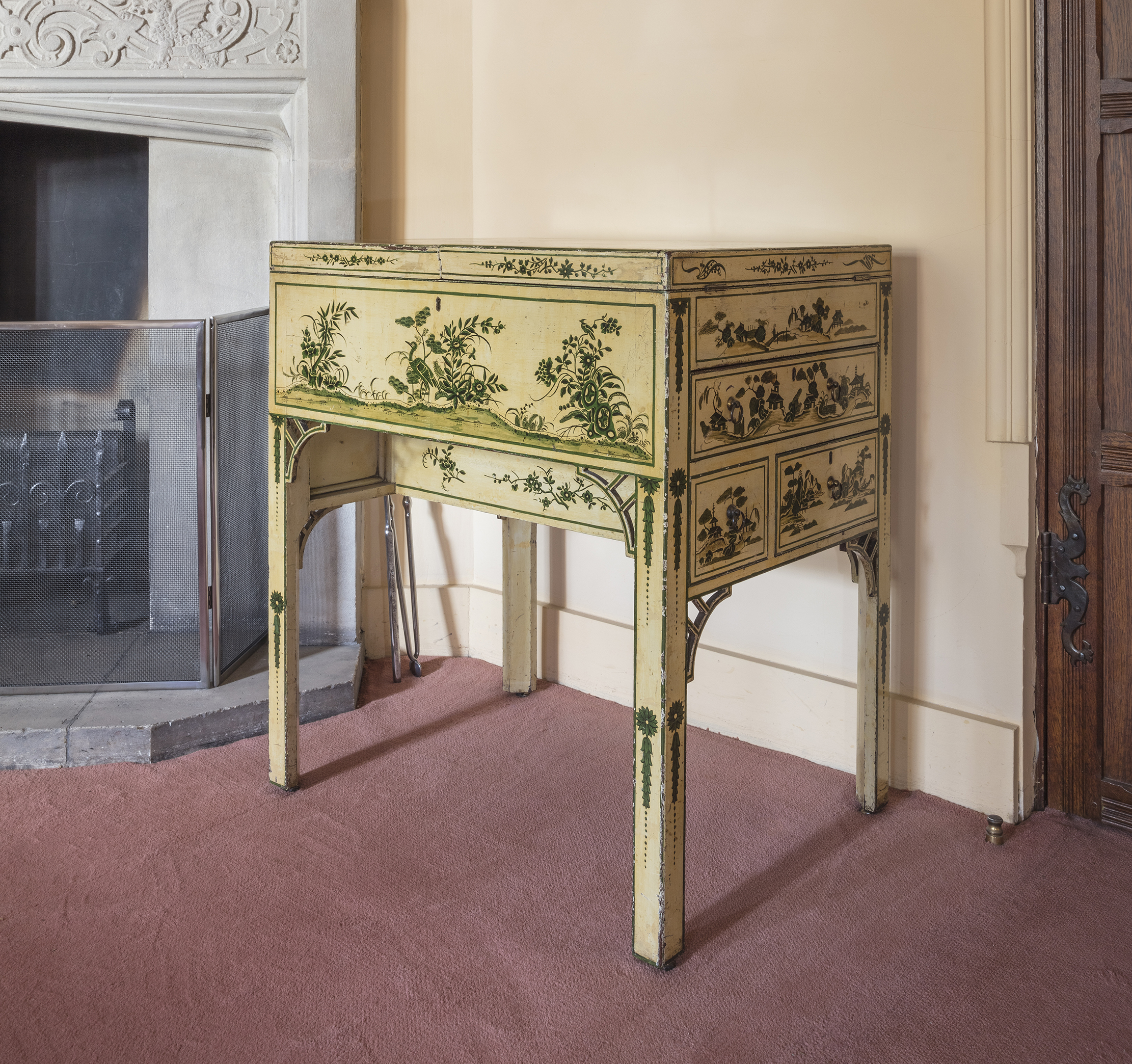
A Chippendale table that's 'the epitome of light-hearted Chinoiserie design', one of the National Trust's greatest treasures
Our series looking at the National Trust's finest treasures takes aim at the Thomas Chippendale dressing table of Anglesey Abbey
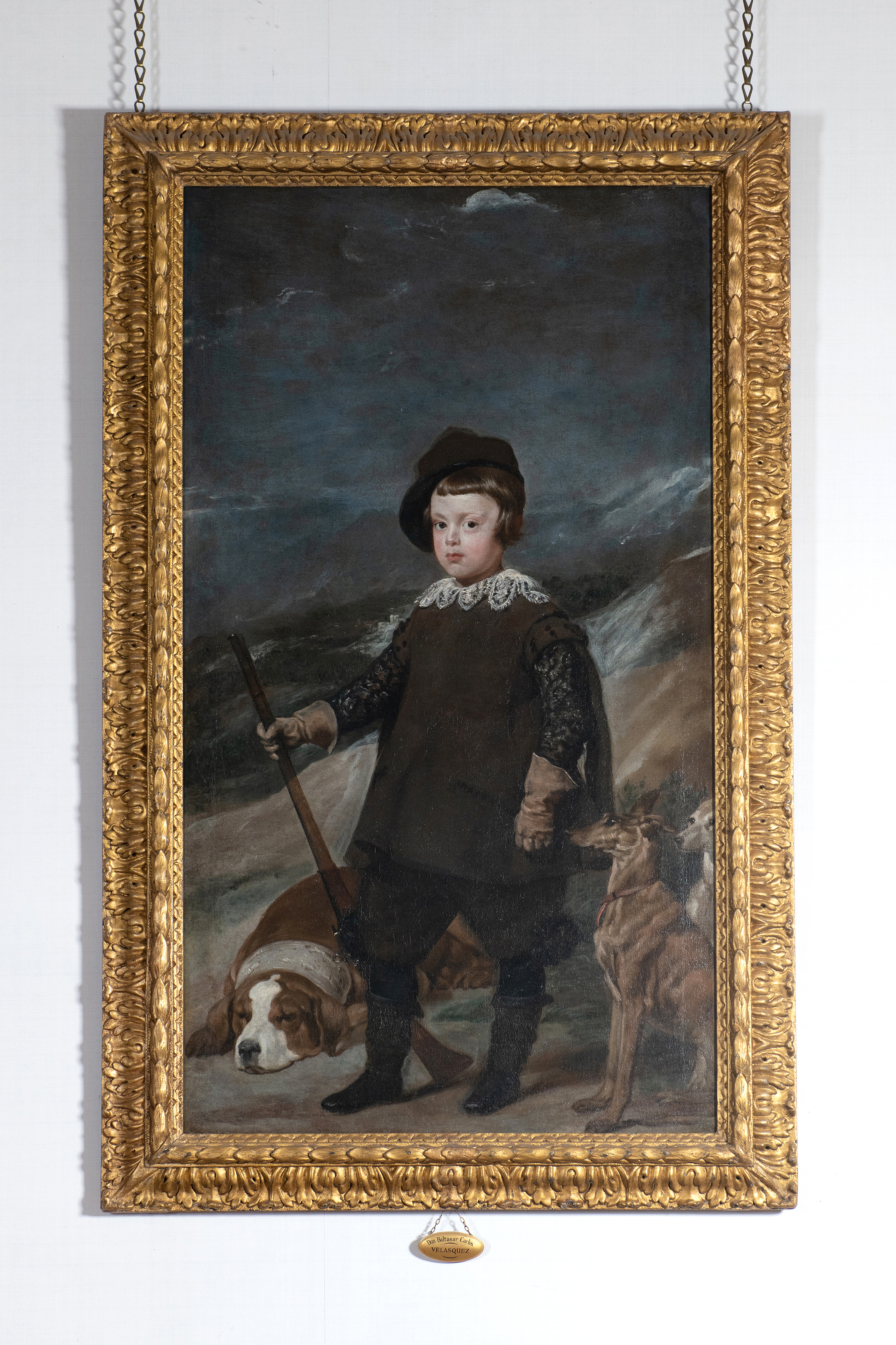
The Ickworth Velazquez that's one of the very greatest treasures of the National Trust
In the final part of our series looking at the National Trust's finest treasures, we look at one of the

A 15th-century altar cloth that survives in almost miraculous condition, one of the National Trust's greatest treaures
Our series looking at the National Trust's finest treasures looks at a pre-Reformation altar front from Cotehele which has survived
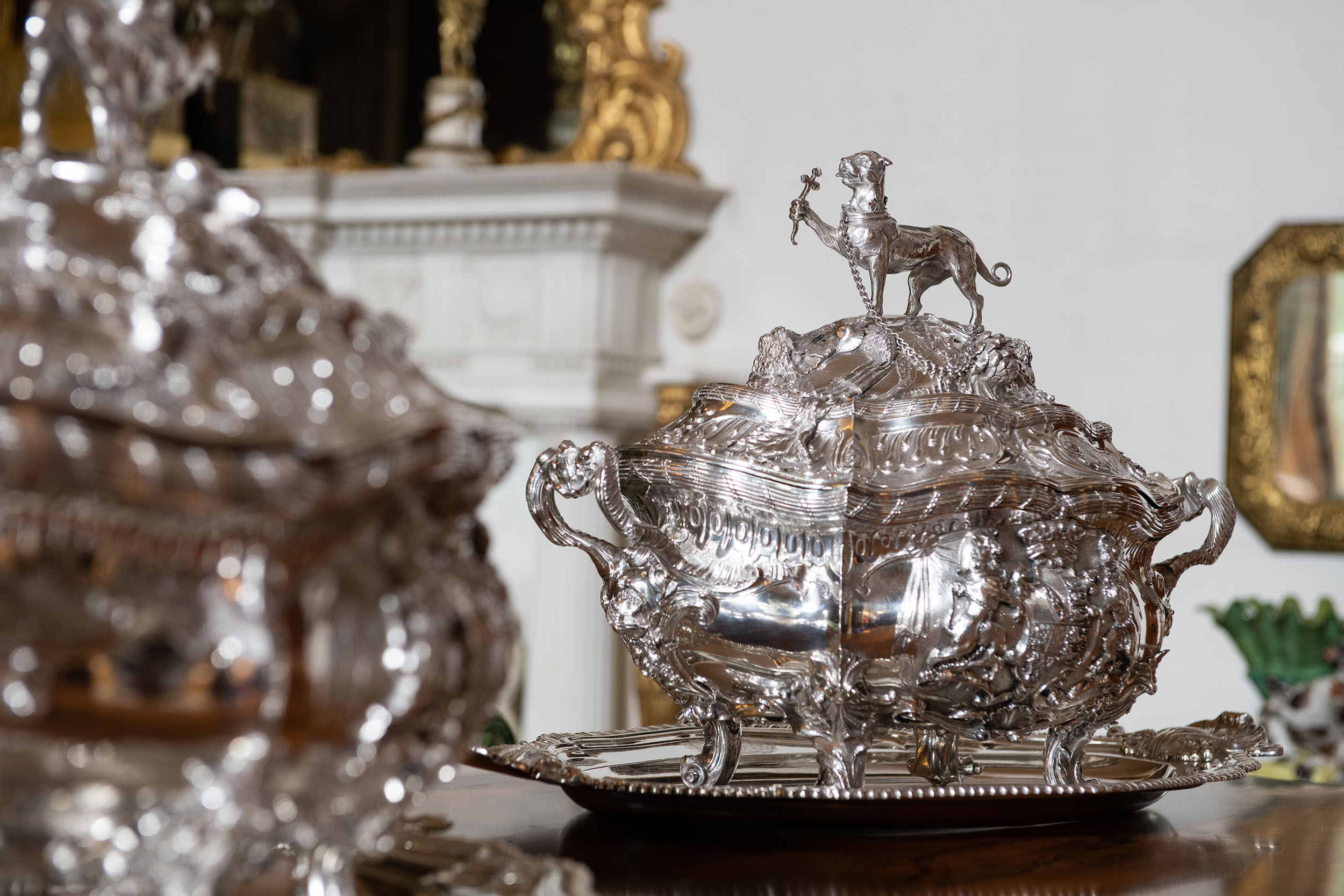
A pair of tureens that are a Rococo tour de force in silver, and among the finest treasures of the National Trust
We're taking a look at nine of the greatest objects on display in the National Trust's properties across Britain —
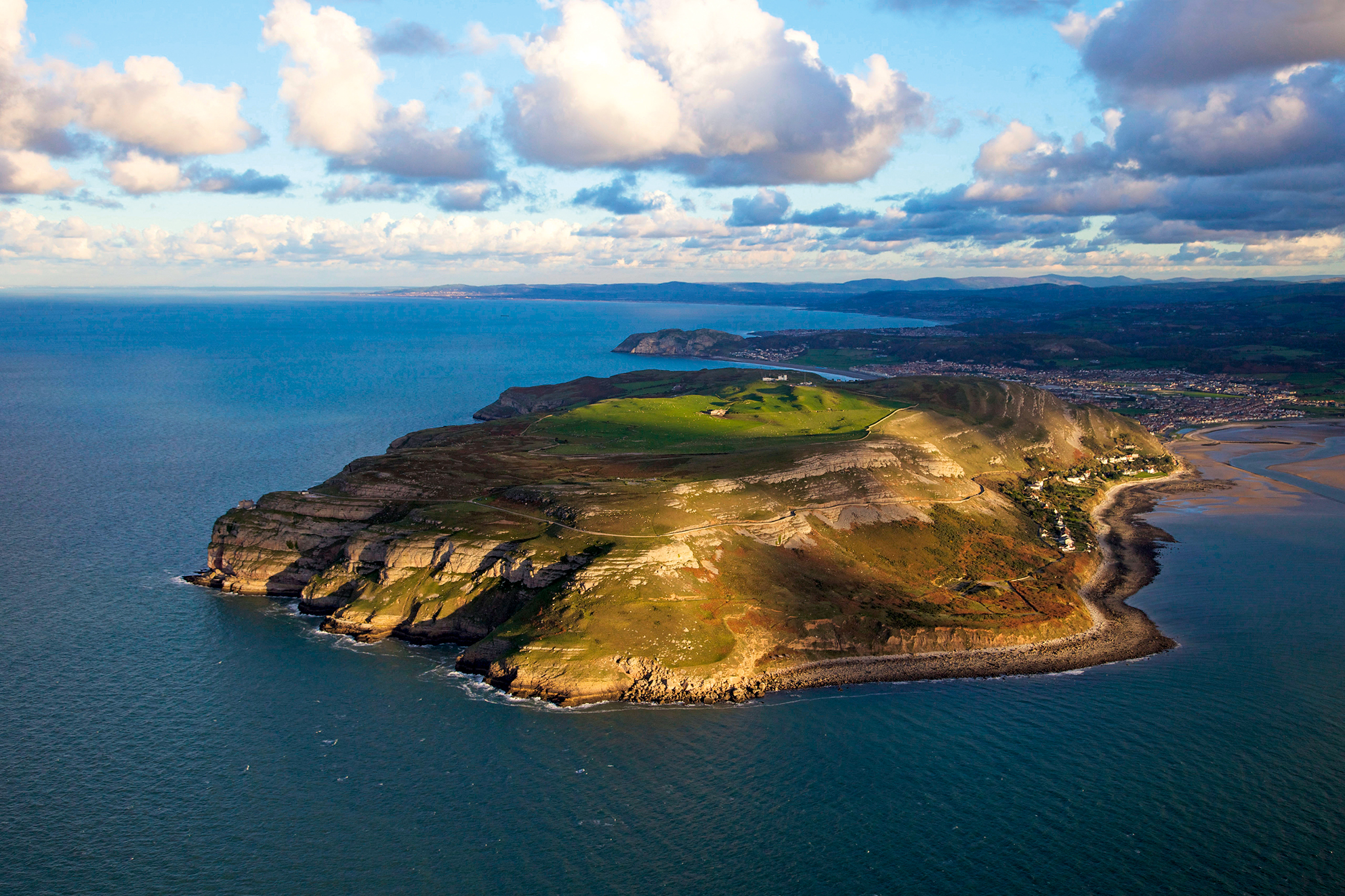
Simon Jenkins: Britain’s historic houses are, for the most part, safe — that is not true of the countryside
The National Trust is tying itself in knots, argues its former chairman Simon Jenkins, while missing real challenge of the

John spent his childhood in Kenya, Germany, India and Yorkshire before joining Country Life in 2007, via the University of Durham. Known for his irrepressible love of castles and the Frozen soundtrack, and a laugh that lights up the lives of those around him, John also moonlights as a walking encyclopedia and is the author of several books.